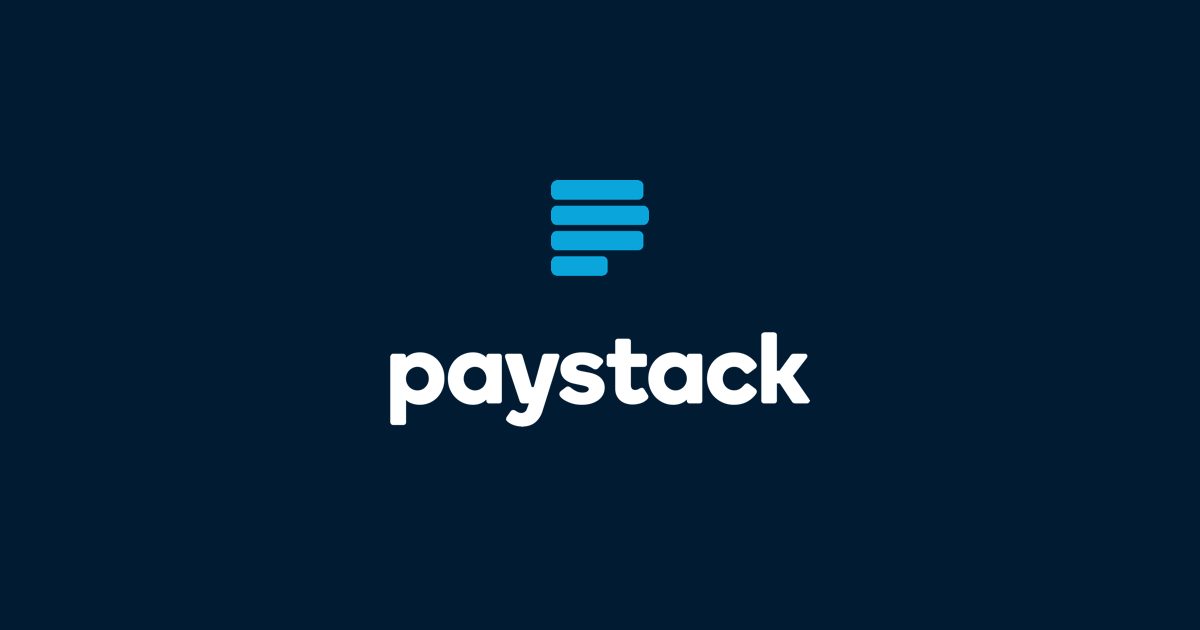The preamble to an earlier article on the Lagos-based financial technology (fintech) company Paystack, which appeared in this column in Daily Trust on 3 September 2018, talks about Africa being “full of contradictions” and “the domain of the most intelligent people on earth” in terms raw, pure talent; not necessarily “smartness” or wittiness, which can sometimes be interpreted in terms of trickiness, and is negative.
I also pointed out that Africa is sadly also the domain of some of the poorest people on earth.
In the article, I attribute Africa’s problems to “the immense blessings that God has bestowed on the continent, particularly the sub-Saharan Africa: the climate is beautiful and there is limited occurrence of natural disasters like earthquakes and volcanic eruptions.” I conclude by saying that “complacency, that is, the lack of existential challenges, has been a part of the African narrative.”
Well, Paystack is back in the news again, in its history-making pathfinding adventures. On 15 October 2020, Stripe, the San Francisco-headquartered $36 billion Irish-American fintech company reportedly agreed to acquire the Lagos-based fintech company for over $200,000,000.00. There are a couple of firsts for Paystack: it is the first-ever startup out of Nigeria to be accepted into the prestigious and world-famous Y Combinator (YC) incubator funding program, which was in 2016. In 2018, Stripe reportedly led an $8 million funding round for Paystack, to which Visa and the Chinese company Tencent reportedly invested.
Two young people – Shola Akinlade and Ezra Olubi – founded Paystack to address some of the unmet expectations in online payment. They want to simplify and modernize web-based payment system in a manner that is specifically tailored to the Nigerian financial system. They founded their Lagos, Nigeria, company in April 2006. Payment gateways provide application programming interfaces (APIs) that allow web developers to integrate payment processing into their websites and mobile applications. Paystack allows you to make and take payments using your payment cards. It also enables bank transfers and methods for people without bank accounts. There have been a few payment gateways in Nigeria before Paystack, such as Interswitch, the incumbent. Akinlade and Olubi say that they are deploying a more modern application (than Interswitch), that is also much easier to use. It seems that Paystack allows you to do more, like programming recurrent payments in a few minutes.
Like any good entrepreneur, the Paystack founders are quite optimistic: “We’re still very early in the Paystack payments ecosystem, which is super broken,” Akinlade reportedly said. “Most of what we will be building in Africa has not been built yet.”
These are excellent signs all the way for Africa in general and Nigeria in particular. The Paystack event is the biggest startup acquisition to date to come out of Nigeria – and the largest to date by Stripe. (The largest acquisition in Africa is WorldRemit’s acquisition of Kenya’s Sendwave, in a reported $500 million deal in August 2019. Also, in the fintech world.)
Folks need to work harder, while governments need to truly facilitate development in concrete terms. That some can survive or even thrive under the serious infrastructure problems in Africa – Nigeria still does not have stable power supply – is encouraging, but most will not be able to carry the weight of the problem. Leadership in Africa is always the weakest link.
There is enough evidence to believe that the West will patronize Africa if we do our part. Interest of Westerners in Africa has been motivated mostly by the potential business opportunities in the continent, and, in a few cases, the intersection with social-responsibility-driven initiatives. Mark Zuckerberg reportedly jogged in Lagos, Nigeria a few years back. The American-based techcrunch.com media company has consistently shown immense interest in tech developments in Africa, with palpable investment of resources to help African startups succeed. In the 2 December 2019 article, I reported that Jack Dorsey, Twitter CEO, planned to move to Africa in 2020 for at least three months. This occurred after Dorsey completed a month-long trip, visiting entrepreneurs in Africa. “Sad to be leaving the continent for now. Africa will define the future (especially the bitcoin one!),” Dorsey reportedly tweeted from Addis Ababa (Ethiopia) on 27 November 2019. “Not sure where yet, but I’ll be living here for 3-6 months mid-2020. Grateful I was able to experience a small part (of Africa).” Obviously, that was then, as the COVID-19 pandemic has derailed all plans, including Dorsey’s.
“There is enormous opportunity,” Patrick Collison, Stripe’s co-founder and CEO, was reportedly quoted to have said in an interview with TechCrunch. “In absolute numbers, Africa online commerce will grow about 30% every year. And even with wider global declines, online shoppers are growing twice as fast. Stripe thinks on a longer time horizon than others because we are an infrastructure company. We are thinking of what the world will look like in 2040-2050.” “Paystack has clearly put a lot of original thinking into how to do things better. We can see that Paystack ‘gets it,’ it’s clear from the site and from the product sensibilities, and that has nothing to do with them being in Africa or African.”
This is obviously well said.

 Join Daily Trust WhatsApp Community For Quick Access To News and Happenings Around You.
Join Daily Trust WhatsApp Community For Quick Access To News and Happenings Around You.


